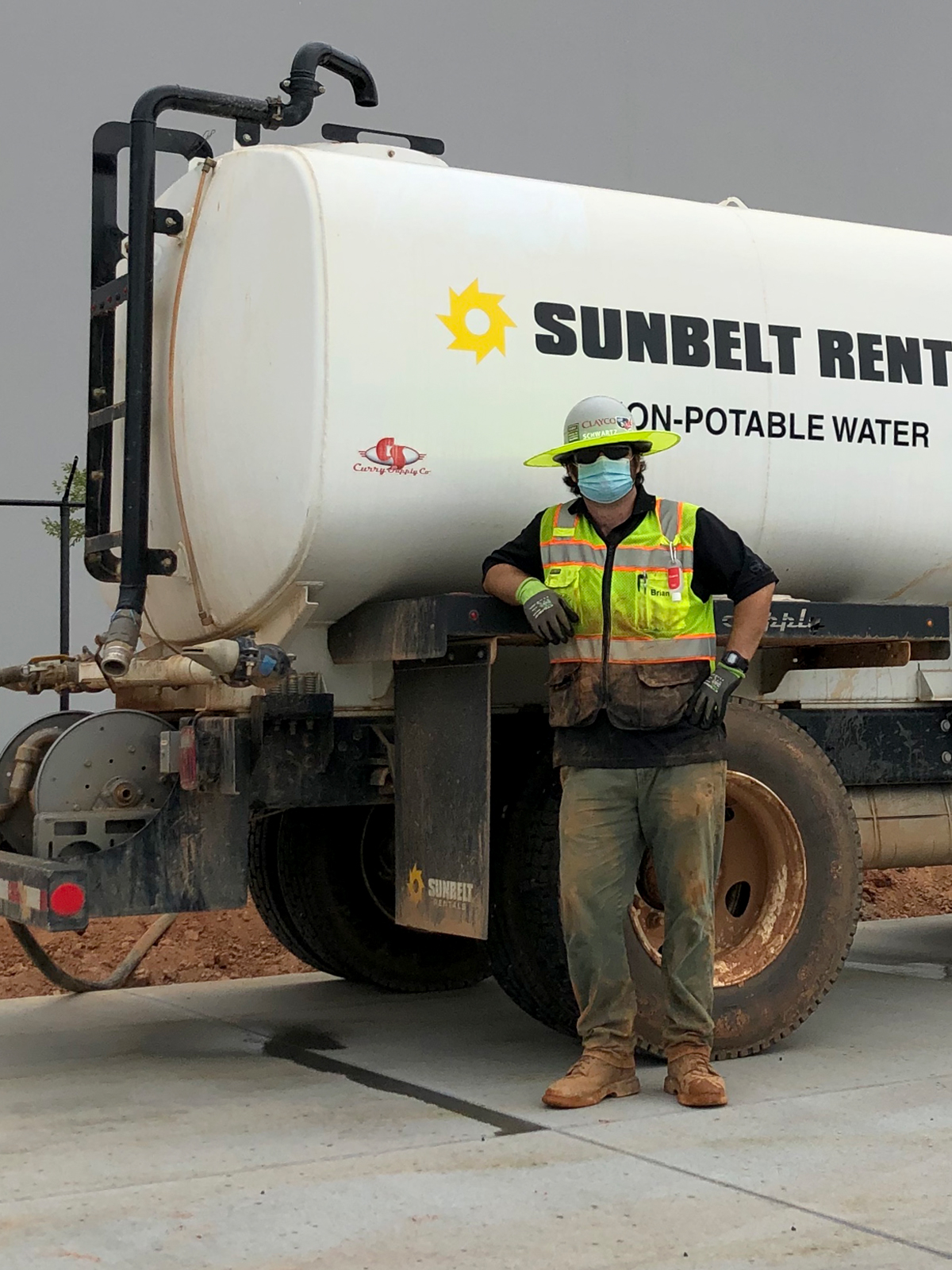Civil, Architectural, and Environmental Engineering
Bachelor's Degree in Environmental Engineering
Earn a Bachelor's Degree in Environmental Engineering
Safeguard the natural integrity of air, water, and land by applying today
Environmental engineers protect human lives from environmental causes of disease and improve our standard of living while also looking to minimize impact on the local, regional and global environment. They face unique issues and must have a strong background in the fundamental earth sciences. As problem-solvers for something as diverse as the environment, they also need to understand the most current technologies and have a desire to maintain a high level of learning in their professional careers in this rapidly-evolving field.
Want to Know More?
Get info on our program, scholarships, how to visit campus, admissions and more. Take the next step in solving for tomorrow!
Degree Information
Foundational Engineering
As an incoming student, you'll work toward completing common first-year courses while acquiring information to help you determine a major and career. During the first two or three semesters on campus, you will take a set of courses that are required by all engineering departments. After successfully completing the common first-year academic requirements, you'll formally apply for admission to the environmental engineering program within the department of civil, architectural, and environmental engineering. Admission is nearly automatic if you've completed these requirements.
Learn more about the program:
Undergraduate Emphasis Areas
What Students Say About S&T

“Missouri S&T was the only school that I considered and applied to, as S&T has an environmental engineering major, which was a definite selling point. I also wanted to study abroad, and the amazing programs encouraged me to continue learning French. Through the Global Engineering Program I have an opportunity to study in Lyon, France, for a semester and complete a co-op with a local French company.“
— Jessi Schoolcraft

“When I began college, I was uncertain of my exact path, so I followed my passion for the environmental field. S&T's environmental engineering program provided me with the opportunity to learn about problems facing our environment and the surrounding communities as well as how to design novel solutions. S&T's emphasis on experiential learning has allowed me to apply this knowledge to real-world situations and achieve beyond what I thought was possible.”
— Amanda Rodell
Your Career in Environmental Engineering
Environmental engineers protect human and environmental health through technical skills and caring for people and the environment. Most environmental engineers specialize in areas such as air pollution, drinking water treatment, remediation of contaminated sites, solid waste management and wastewater treatment. Preventing pollution and removing toxic chemicals from the air, rivers, lakes and soil is a skill that takes great understanding, as each problem offers distinctive challenges. Environmental engineers also have opportunities to address sustainable infrastructure in terms of energy and the environment.
Starting Salary
The average salary for S&T students in the last year was $63,892.
Career Fields
- Consulting firms
- Environmental Protection Agency
- Manufacturing or mining industries
- State natural resource departments
- Public works departments


Follow Civil, Architectural and Environmental Engineering